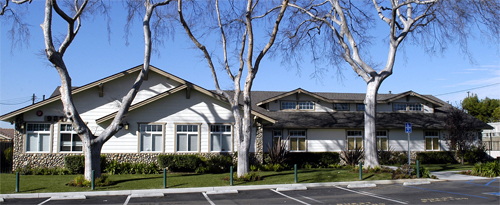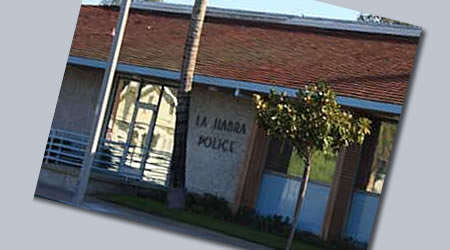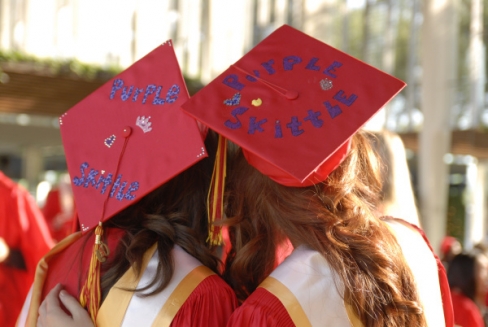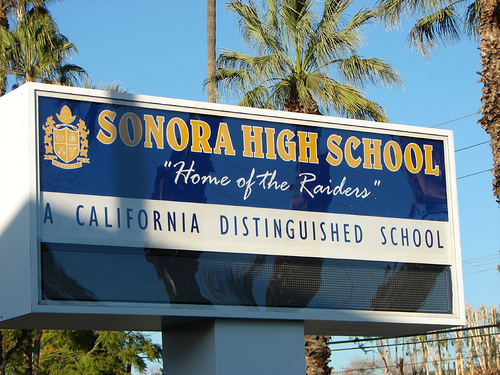Howard Vipperman & VIP Rubber Support HBIC La Habra

Both Howard Vipperman & VIP Rubber support HBIC La Habra.
Help for Brain Injured Children (HBIC)
981 N Euclid St
La Habra, CA 90631
562.694.5655
http://www.hbic.org/
Google+
Help for Brain Injured Children (HBIC) is a 501(c) non-profit organization, and home of The Cleta Harder Developmental Day School (CHDS) Program – a fully certified California Department of Education Non-Public School for children and young adults with moderate to severe disabilities, including autism.
Cleta Harder Developmental School (CHDS)
Established in 1981, the Cleta Harder Developmental School is fully certified by the California Department of Education as a Non Public School (NPS), which is different from a Private School. Staffed with fully credentialed Special Education Teachers and a “highly qualified” support staff, CHDS provides programs of academics, physical development, communication development, socialization, independent living skills and vocational training for children and young adults with moderate to severe disabilities. Our goal is to work with the child’s home school district and family to provide a program and least restrictive environment that is appropriate and conducive for learning and development, based on each child’s individual needs. Collaborating with the child’s full support “team” allows for the best opportunities to improve their overall quality of life.
Other Programs
TOTAL COMMUNICATION: This program focuses on increasing the opportunities and appropriate outlets of communication for the majority of our facility’s population. “Total Communication” refers to the process of providing the most efficient and appropriate forms of communications for each of our students. Some of these would include various electronic devices, specially designed computers and/or software, or simply the necessary materials to adapt pre-existing materials.
VOCATIONAL TRAINING/INDEPENDENT LIVING SKILLS: This program is a bridge that helps prepare students for life after school. It incorporates vocational skills training and independent living development for our older (17-22yrs) population, which makes-up more than 30% of our entire student body, who are at or beyond the age of a senior level in high school. For many of our students, there is a significant need to learn independence and various self-help skills. These skills range from the very basic, such as dressing and hygiene, to more involved activities, such as shopping and meal preparation as well as learning vocational skills to potentially enter the workforce, becoming productive members of society.
BEST PRACTICES for POSITIVE BEHAVIOR SUPPORT: This program reevaluates the approach to immediately managing and redirecting student behaviors, as well as approaches to alleviate the underlying causes of the outbursts through a series of specified steps and practices designed to “build positive relationships with the students, encourage positive behavior and respond appropriately to problem behaviors.” In regards to the “approach,” though state-approved hands-on techniques are sometimes needed to protect an “acting out” student and support staff from harm, CHDS feels it is vital to the student’s physical and emotional well-being, as well as their (the student) overall success, to research, evaluate and employ alternative means of intervention.





Leave a Reply
You must be logged in to post a comment.